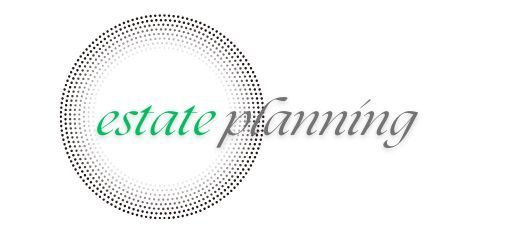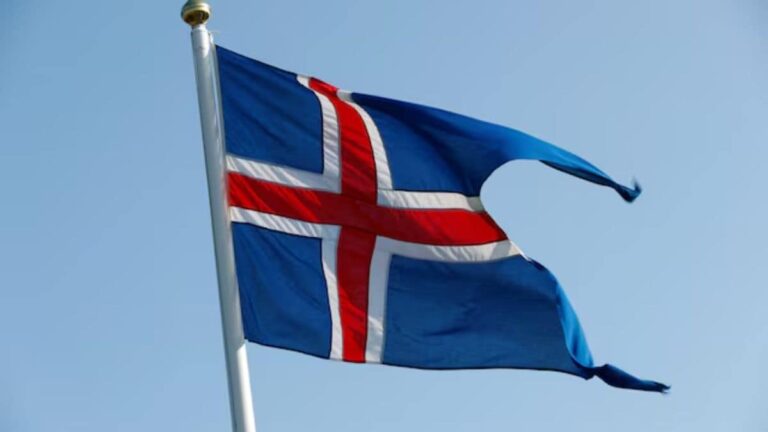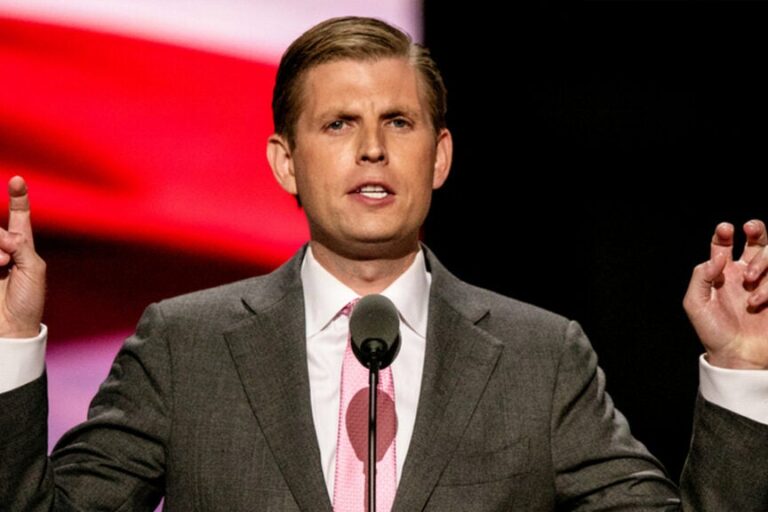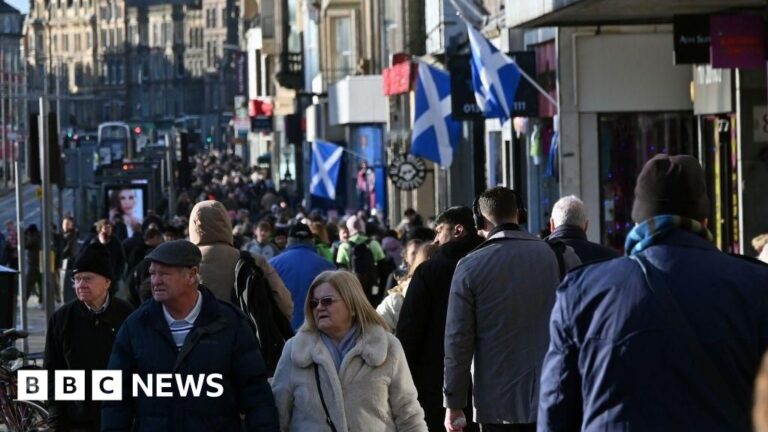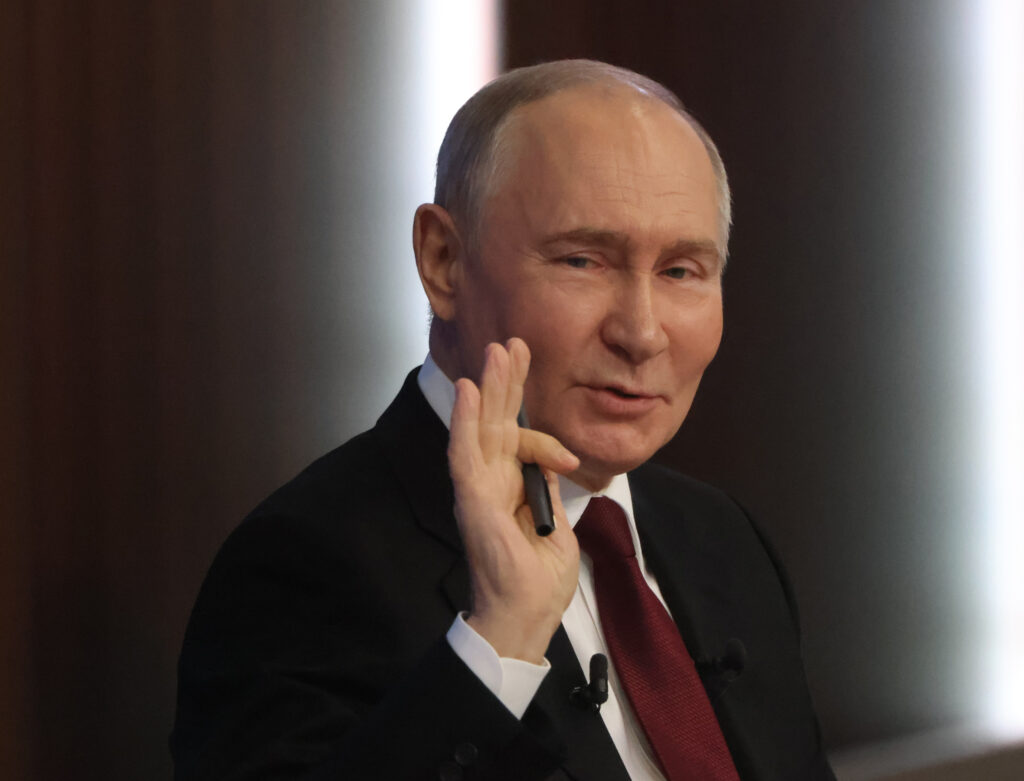
<span class="cap" id="short-cap-description">Russian President Vladimir Putin speaks during his annual call-in-show and news conference at the Gostiny Dvor hall, Dec. 19, 2024, in Moscow, Russia. Putin has acknowledged the criticism but emphasized the stability of Russia’s economic...</span> <span class="cap" id="full-cap-description" style="display: none;">Russian President Vladimir Putin speaks during his annual call-in-show and news conference at the Gostiny Dvor hall, Dec. 19, 2024, in Moscow, Russia. Putin has acknowledged the criticism but emphasized the stability of Russia’s economic situation, projecting nearly 4 percent growth for the year.</span> <button onclick="toggleCap(this)" id="read-more-cap">More</button> <span class="credit ar23-credit">Contributor/Getty Images</span>
What’s New
Russia’s central bank has announced the decision to maintain the benchmark interest rate at 21 percent, resisting pressure for further increases despite surging inflation.
Bạn đang xem: Russia Holds Interest Rates at 21% Amid Inflation
This move follows an October hike that brought rates to record levels.
Why It Matters
Russia is continuously adapting to an drastically altered economy after Western countries imposed severe economic sanctions following its invasion of Ukraine in 2022. These sanctions restrict trade, freeze assets, and limit access to international financial systems, reducing the flow of imports and disrupting supply chains.
The escalating military expenditures to sustain Russia’s war effort in Ukraine have significantly increased government spending, contributing to inflationary pressures. Efforts to replace Western imports with domestic or alternative foreign goods have been only partially successful, creating shortages and driving up prices.
Contributor/Getty Images
What to Know
Xem thêm : The Federal Reserve Admits They Think Inflation Is About To Go Up
The decision to hold the rate contrasts with market expectations; a Reuters poll of experts earlier this week predicted another 200-basis-point hike to 23 percent.
Russian President Vladimir Putin has acknowledged the tension, calling for “balanced” decisions during a televised news conference on Thursday. He also emphasized the economy’s growth, projected at nearly four percent this year, while conceding that inflation remains “an alarming sign.”
In November, the Russian ruble depreciated by up to 15 percent against the dollar following new U.S. financial sanctions that disrupted payments for Russian energy exports, leading to a shortage of foreign currency in the domestic market.
The inflation rate also accelerated to 8.9 percent last month, with expectations that it will reach nearly 10 percent by year’s end, according to data from the Economy Ministry. Food prices have been particularly impacted, with vegetable costs rising by 24 percent over the past year.
High military spending, financed by oil exports redirected to China and India due to Western sanctions, has kept the economy overheated. Labor shortages are pushing wages higher, adding to consumer spending and inflation pressures.
Xem thêm : Japan’s core inflation accelerates, keeps BOJ rate-hike chance alive
At the October meeting, the central bank increased rates by 200 basis points, sparking backlash from prominent business figures. Sergei Chemezov, head of Rostec, and steel magnate Alexei Mordashov have been vocal in criticizing the policies.
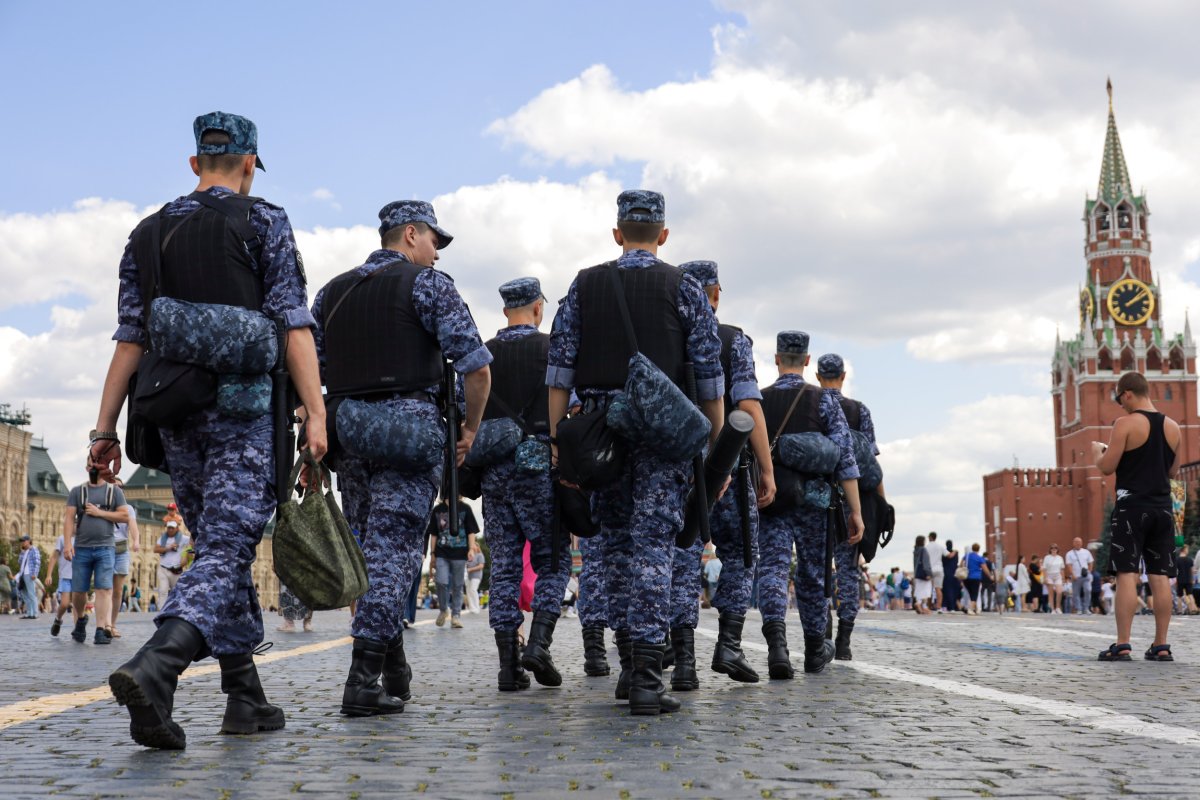
Oleg Elkov/Getty Images
What People Are Saying
Vladimir Putin, Russian President said during his Thursday news conference: While inflation is “an alarming sign,” wages have risen at the same rate and that “on the whole, this situation is stable and secure.” He acknowledged criticisms of the bank’s decision making, adding that “some experts believe that the Central Bank could have been more effective and could have started using certain instruments earlier.”
Governor Elvira Nabiullina, a critic of the bank’s rates said: “The rise in prices for the vast majority of goods and services shows that demand is outrunning the expansion of economic capacity and the economy’s potential.” She is expected to hold a news conference at 3 p.m. in Moscow.
Oleg Kuzmin from Renaissance Capital said earlier this week: The finance world’s consensus appeared to be that Russia would be left with no choice but to increase the rate. “The rate of price growth accelerated, and the rouble has shifted to a new, weaker equilibrium level of 100-plus against the dollar,” Kuzmin said. “This leaves the regulator with no other option but to raise the rate.”
What Happens Next
The central bank’s next meeting in February 2025 will determine whether further rate adjustments are necessary. Analysts anticipate that rates could remain high into 2025, as Russia continues to navigate a wartime economy under heavy sanctions.
This article includes reporting from The Associated Press
Nguồn: https://estateplanning.baby
Danh mục: News
